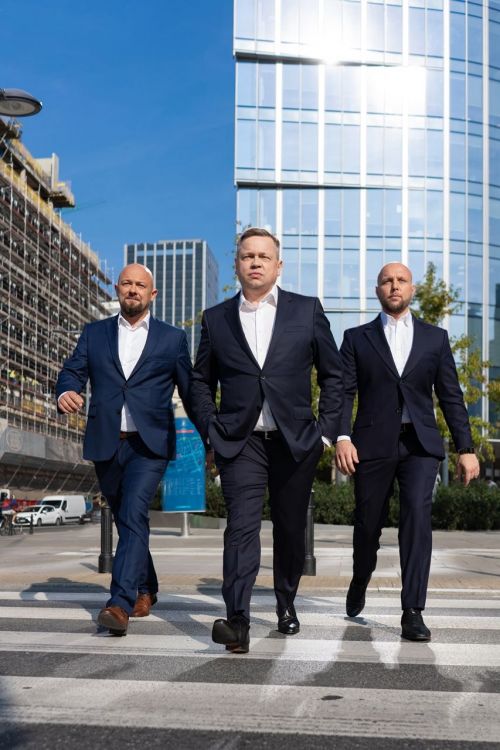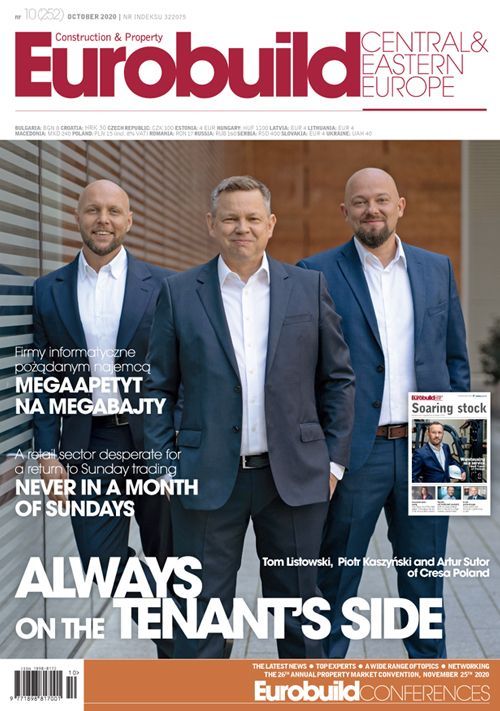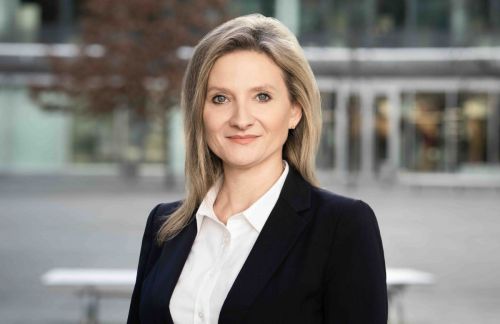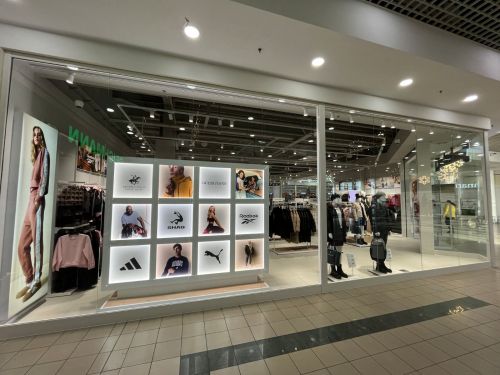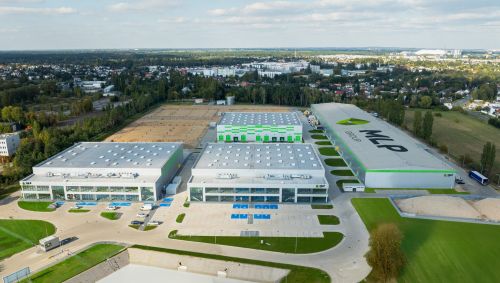Tomasz Cudowski, ‘Eurobuild CEE’: Let’s begin with a recent headline deal you acted on – Allegro taking up over 16,000 sqm in Norblin Factory. Can you shed any more light on this story?
Artur Sutor, partner, head of the office department, Cresa Poland: This transaction is the latest confirmation that Cresa is an important player on the advisory services market. I represented Allegro about five years ago. It gives me immense satisfaction to see them continuing to work with us and to appreciate the advantages of exclusive tenant representation. We can’t disclose details of the transaction for obvious reasons. Another of our achievements was last year’s largest transaction in Poland, as we represented mBank in their lease of 45,600 sqm in Mennica Legacy Tower. It’s worth emphasising that Cresa started out three years ago. At that time, everybody had vivid memories of all the consolidations of real estate advisories and was saying that the market
